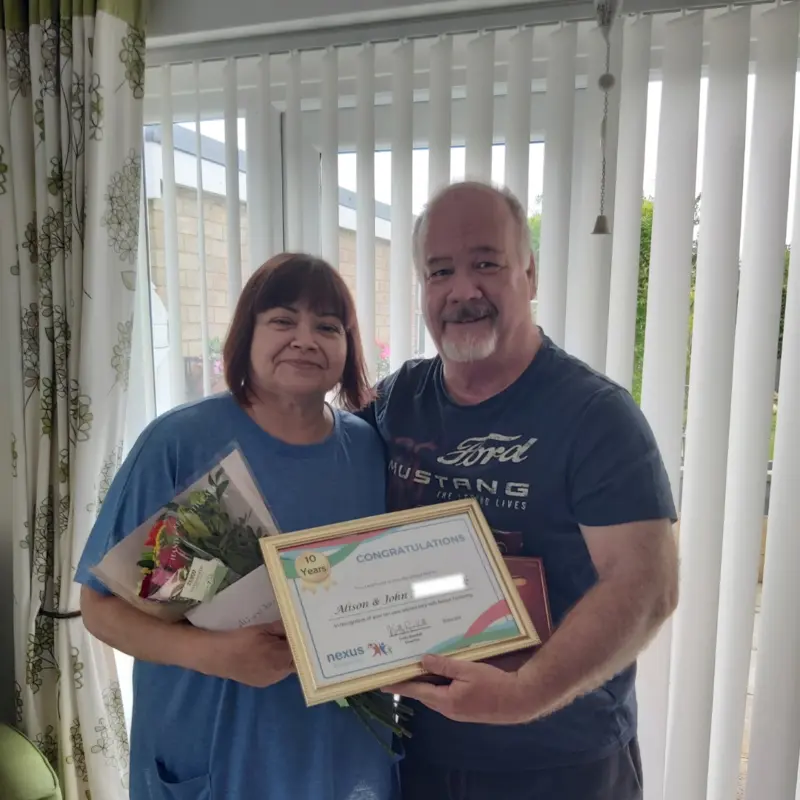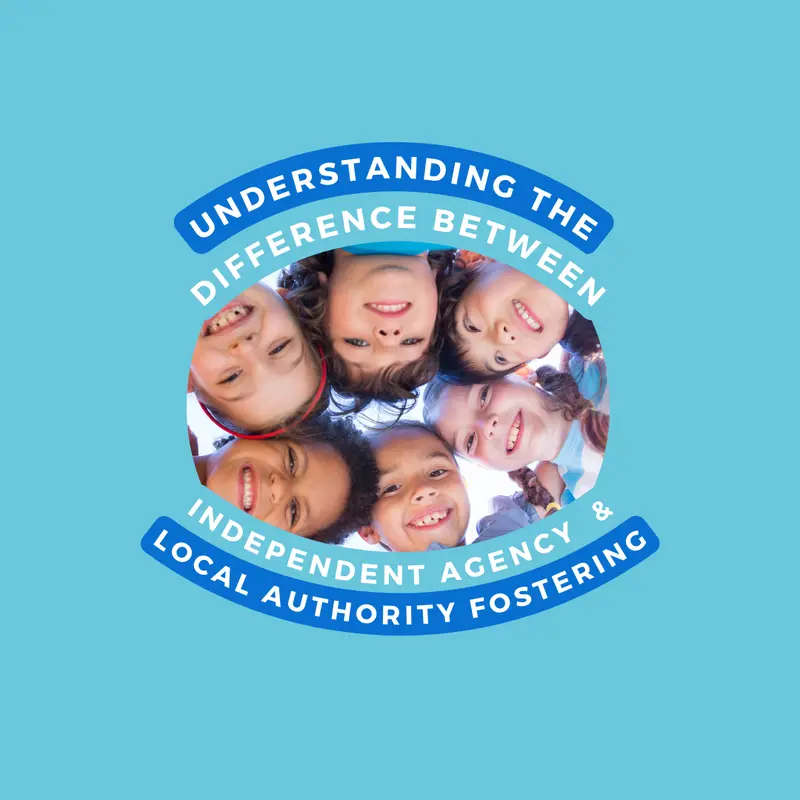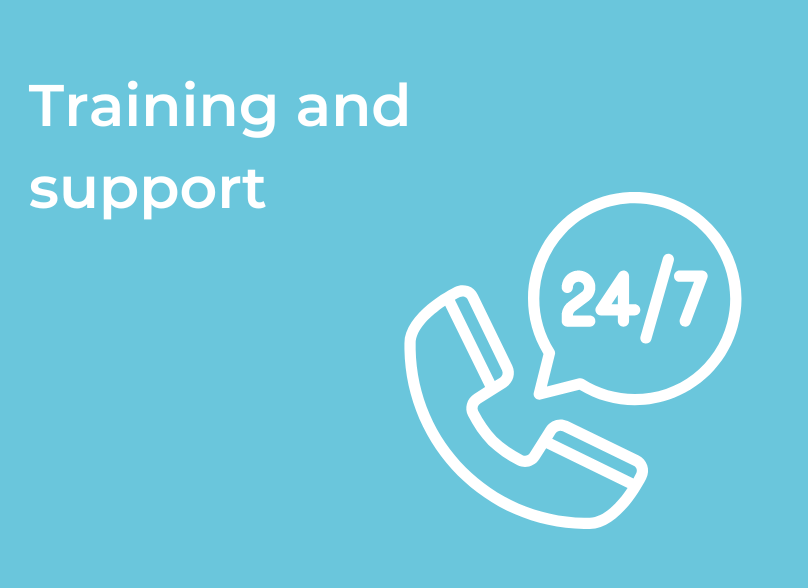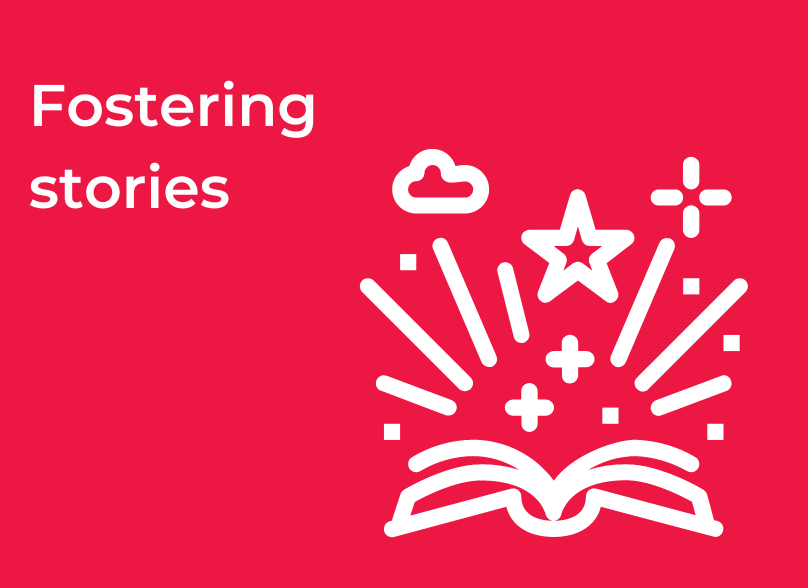Resources
You'll find all the fostering support you need, from brochures and fostering processes to calculating potential allowances.


Helpful resources
Downloads available to you
Find out more

From classroom to care- Why more teachers are becoming foster carers
After spending 20 years in education, Nicola, an ex-primary teacher and former Ofsted inspector, made the life-changing decision to become a foster carer with Nexus Fostering.

How do foster carers get ready for a child moving in with them?
At Nexus Fostering, we understand that welcoming a child into your home is a life-changing moment, not just for the child, but for the foster carers too.

Staying safe online: A supportive guide for Foster Carers
We’re living in the digital age where the internet is more accessible than ever, but for children and young people, it can be tricky to tell the difference between safe and risky online activity.

What happens when a child goes missing from care?
Children may go missing from foster care for various reasons, including a desire to reunite with family or friends. Feelings of instability or unhappiness within their current situation or a lack of trust in the system might cause a child or young person to run away.

How Nexus Fostering supports neurodiverse children
Children in care face a variety of complex emotional, social, and behavioural challenges. Many of these children have experienced trauma, abuse, or neglect, and their neurological development can be impacted by these early life experiences.

The need for fostering teenagers: 27% aged 16 and older
Children who are older when they enter foster care face increased instability. Nearly 1 in 5 children aged 12+ experience at least two moves within a year, compounding the challenges they already face.

A critical need for parent and child foster carers.
The sooner a child experiences good parenting and a stable environment, the greater their potential; this is why we offer Parent and Child (P&C) fostering. Unfortunately, the parents we work with in these types of fostering may not have been parented well and so don’t have the experience to base their own parenting.

Fostering a child with a disability.
What started as a typical foster placement quickly became a life-changing journey when Ali and John's foster baby was diagnosed with medical complications requiring 24/7 oxygen therapy.

Ensuring the right match between foster carers and foster children
Our team carefully takes into account the foster carers' availability, who is already in the household, where the foster carers live, and how the foster carers can best help the child or young person they would be caring for.

Five tips for fostering over the festival period
Whilst Christmas can be a magical time, and many of us look forward to the festive period to spend time with our families, for many children and young people in foster care, it can be a time of very mixed emotions.

Why veterans make excellent foster carers
Veterans have a unique set of skills and experiences that make them especially well-suited to the challenges of fostering. The qualities that they honed during their time in the military; discipline, resilience, empathy, and a strong sense of duty, are precisely what children in foster care need to thrive.

Is fostering the perfect next chapter for empty nesters?
As children leave home to start their own lives, many empty nesters find themselves facing a new chapter. While this transition can bring feelings of loss or emptiness, it also opens the door to opportunities.

Understanding the Difference Between Local Authority Fostering and an Independent Fostering Agency
Both pathways have distinct advantages and differences that may influence which option is best for you. Exploring the differences between Local Authority fostering and Independent Agency fostering, helps you to make an informed decision.

Breaking the Stigma: Male Foster Carers and the Importance of Inclusion
Fostering is often seen as a nurturing role traditionally associated with women, but this perception overlooks the invaluable contributions that male foster carers can make.

Millennials Are Vital to the Future of Fostering.
The new energy, fresh perspectives, and innovative approaches that younger generations bring can make a huge difference in the lives of children and young people in care.





